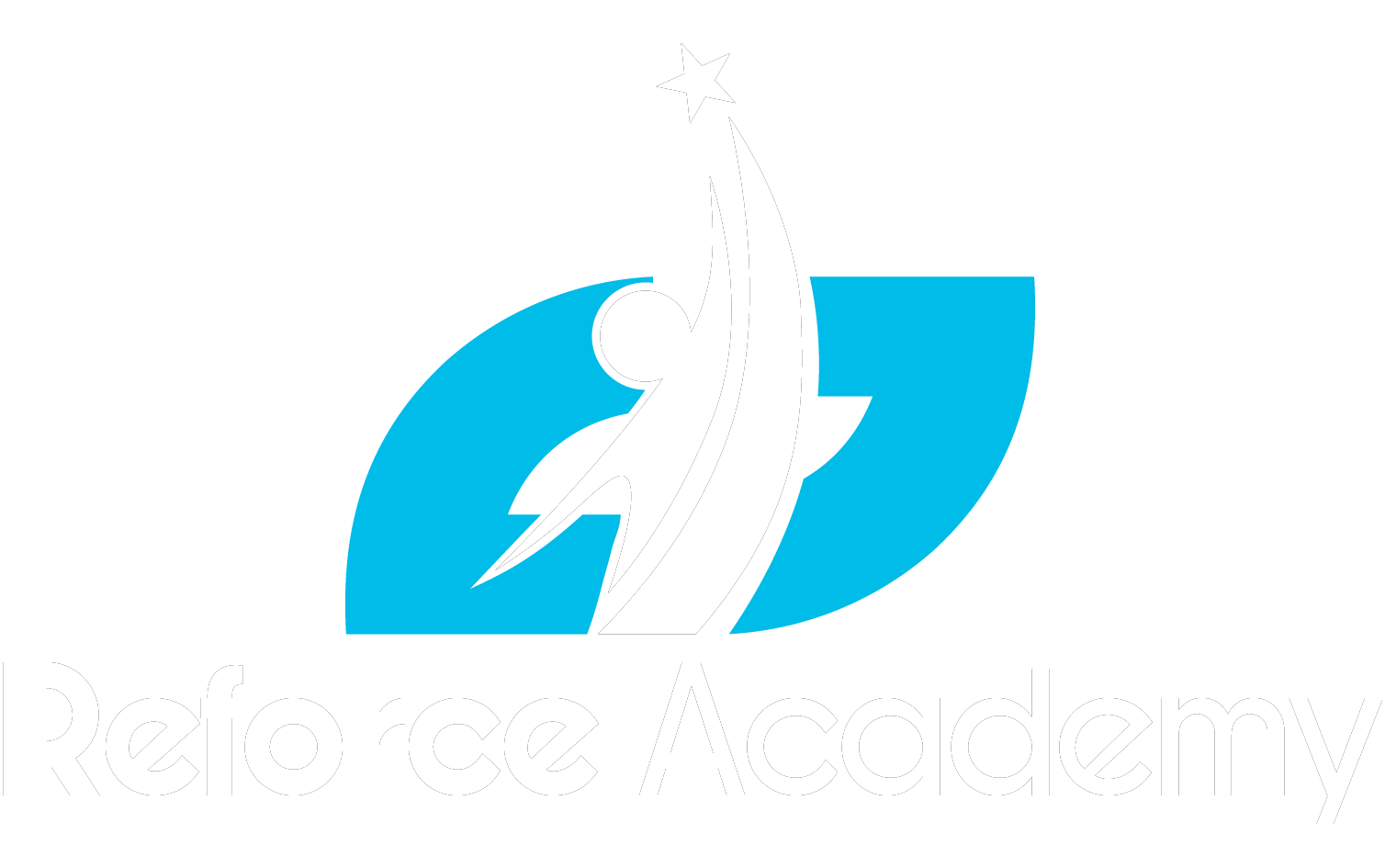Grammar: Conditionals
Salesforce English PRO
Week #3
Grammar: Conditionals
As a Salesforce professional working in global teams, clear and precise communication is essential — especially when discussing business scenarios, planning, troubleshooting, and project outcomes.
Understanding conditional sentences gives you the ability to:
- Propose solutions (“If the flow fails, we’ll receive an error message.”)
- Reflect on past decisions (“If we had tested it properly, the deployment would’ve been smoother.”)
- Talk about goals and possibilities (“If I were certified, I’d apply for that partner consultant role.”)
Mastering conditionals not only improves your fluency, but also helps you express ideas with greater logic, nuance, and professionalism — all of which are key in interviews, presentations, and daily Salesforce collaboration.
In short:
📌 Conditionals are the language of “what if”, “what now”, and “what’s next” — all crucial in the Salesforce world.
Let’s explore how to use them effectively.
🔹 0 – Zero Conditional
Use: To talk about general truths, facts, and rules — especially in systems and automations.
Structure:
If + Present Simple, Present Simple
Example (Salesforce):
If a case is marked “Urgent,” Salesforce sends an automatic notification to the support manager.
🧠 Tip: Great for explaining automations or business rules that are always true.
🔹 1 – First Conditional
Use: To talk about real and possible future situations.
Structure:
If + Present Simple, will + base verb
Example (Salesforce):
If the client approves the proposal, we will create a new Opportunity in Salesforce.
🧠 Tip: Useful for planning, forecasting, or discussing deployment outcomes.
🔹 2 – Second Conditional
Use: To imagine unreal or hypothetical situations in the present or future.
Structure:
If + Past Simple, would + base verb
Example (Salesforce):
If I were a certified Consultant, I would apply for the open role at the partner company.
🧠 Tip: Use this to talk about career goals or “what if” scenarios in interviews or retrospectives.
🔹 3 – Third Conditional
Use: To express regret or imagine a different outcome in the past.
Structure:
If + Past Perfect, would have + past participle
Example (Salesforce):
If we had tested the flow before going live, we wouldn’t have lost so many leads.
🧠 Tip: Ideal for post-mortem discussions and analyzing past decisions.
🔹 Mixed Conditional
Use: To connect a past condition with a present result (or vice versa).
Structure:
If + Past Perfect, would + base verb (present result)
or
If + Past Simple, would have + past participle (past result)
Example (Salesforce):
If I had completed my Admin certification, I would feel more confident right now.
🧠 Tip: Great for interviews and self-reflection about past experiences affecting current situations.
💬 Final Tips:
- Don’t memorize conditionals – practice them in realistic business and job interview scenarios.
- Use Zero and First in your Salesforce documentation and meetings.
- Use Second, Third, and Mixed when talking about career goals, what you would do, or what you wish had happened.
